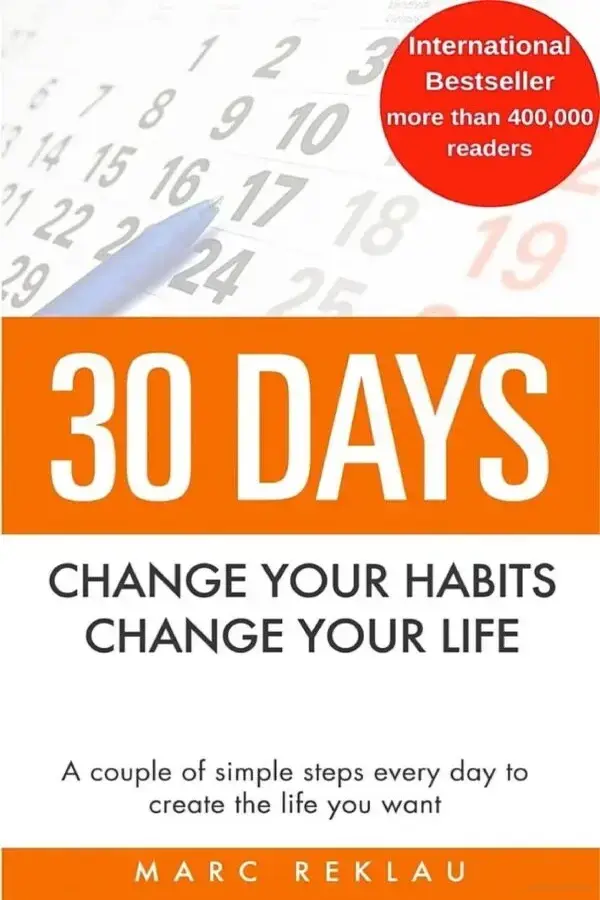Sous-total : DH 185,00

DH 85,00
Le guide bienveillant et sans pression d'une thérapeute pour désencombrer et organiser - parfait pour les vies bien remplies. Apprenez à ranger en petites étapes sans honte ni épuisement. Se concentre sur la santé mentale, les micro-tâches et l'abandon du perfectionnisme. Idéal pour tous ceux qui sont submergés par le chaos. Comprend des conseils pratiques pour le TDAH, les maladies chroniques ou les horaires chargés. Met l'accent sur l'auto-compassion plutôt que sur les maisons parfaites pour Insta.
🧹✨🧠
K. C. Davis’s How to Keep House While Drowning is a compassionate guide for anyone overwhelmed by clutter or the pressure to maintain a “perfect” home. Davis, a therapist and cleaning coach, blends practical advice with empathy, emphasizing that tidying up isn’t about perfection—it’s about creating a functional, peaceful space. The book breaks down organizing into manageable steps, addressing the emotional barriers that often sabotage progress, like shame or anxiety. Davis also tackles the connection between mental health and housekeeping, offering strategies to reduce stress rather than add to it. With humor and warmth, she reassures readers that even small changes—like a five-minute daily tidy—can transform their relationship with their home.
The book is structured around the idea of “micro-tasks,” making it accessible for those struggling with chronic illness, ADHD, or busy schedules. Davis shares personal stories and client anecdotes to illustrate how clutter affects different people, from parents juggling chaos to professionals drowning in paperwork. Her approach rejects rigid systems, instead encouraging readers to design routines that fit their unique needs. Chapters cover everything from decluttering mindsets to tackling specific zones like kitchens and closets.
Davis also addresses the societal pressure to achieve Instagram-worthy homes, arguing that a “good enough” house is better than an unattainable ideal. She provides scripts for navigating family dynamics, like delegating chores without guilt, and highlights the importance of self-compassion when setbacks happen. The tone is never judgmental, making it ideal for readers who feel defeated by traditional cleaning guides.
Throughout, Davis reinforces that organizing is a tool for empowerment, not another chore. She links physical space to mental clarity, showing how a calmer home can improve focus, sleep, and relationships. The book includes checklists and reflection prompts, but its real strength lies in its validation of readers’ struggles.
Avis
Il n’y a pas encore d’avis.